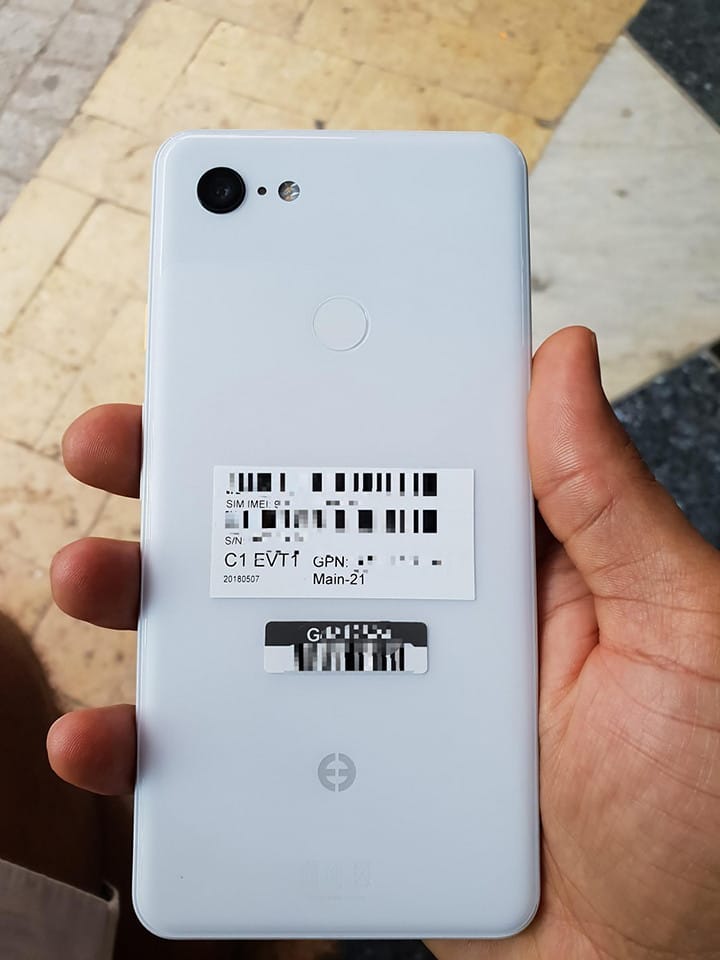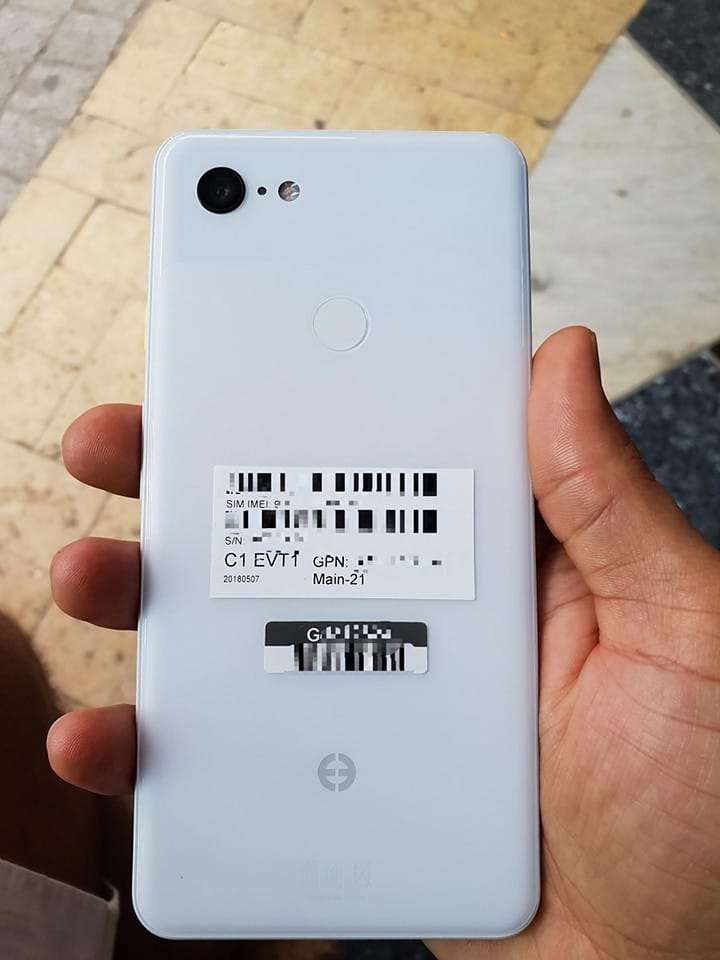Google's Pixel Revolution: Tensor G5 and Qi2 Charging Transform the Smartphone Landscape
Google has unveiled its most ambitious Pixel refresh yet, introducing the powerful Tensor G5 chip and universal Qi2 wireless charging across four distinct models. This comprehensive overhaul signals Google's commitment to competing directly with Apple and Samsung in the premium smartphone market, while democratizing advanced features across multiple price points.
The Tensor G5: Google's Silicon Independence
The headline feature of Google's latest Pixel lineup is the Tensor G5, the company's third-generation custom silicon that promises to redefine mobile AI capabilities. Built on a cutting-edge 3nm process, the Tensor G5 delivers up to 40% better performance per watt compared to its predecessor, while introducing dedicated AI processing units that can handle complex machine learning tasks locally.
"We're not just making phones faster – we're making them smarter," said Rick Osterloh, Google's Senior Vice President of Devices & Services, during the announcement. The Tensor G5 enables real-time language translation in over 100 languages, advanced computational photography that rivals professional cameras, and AI-powered battery optimization that learns user patterns to extend device longevity.
Early benchmarks suggest the Tensor G5 performs competitively with Apple's A17 Pro and Qualcomm's Snapdragon 8 Gen 3, marking a significant leap for Google's silicon ambitions. The chip's specialized AI cores can process natural language queries 3x faster than previous generations, making Google Assistant interactions nearly instantaneous.
Qi2 Charging: Bringing MagSafe to Android
Perhaps equally significant is Google's adoption of Qi2 wireless charging technology across all four new Pixel models. Qi2, developed by the Wireless Power Consortium with Apple's collaboration, brings magnetic alignment and improved efficiency to Android devices for the first time.
The magnetic ring built into each Pixel device ensures perfect alignment with Qi2 chargers, eliminating the frustration of misaligned charging pads. This technology enables 15W wireless charging speeds – matching Apple's MagSafe – while maintaining compatibility with existing Qi chargers.
The Four-Model Strategy
Google's expanded lineup addresses different market segments:
Pixel 9a - The entry point at $399, featuring the full Tensor G5 experience with a 6.1-inch display and dual-camera system. Despite its lower price, it includes the same AI capabilities as its premium siblings.
Pixel 9 - The mainstream flagship at $699, offering a 6.3-inch OLED display, triple-camera array with improved Night Sight, and 128GB base storage.
Pixel 9 Pro - The photography enthusiast's choice at $999, featuring a larger 6.7-inch display, advanced telephoto capabilities with 10x optical zoom, and exclusive AI photography modes.
Pixel 9 Pro XL - The premium powerhouse at $1,199, boasting a massive 6.8-inch display, enhanced battery life, and exclusive features like real-time video translation.
Software Integration and AI Innovation
The Tensor G5's AI capabilities shine through new software features that leverage on-device processing. "Magic Eraser" now works in real-time during video recording, while "Live Translate" can handle phone calls in different languages seamlessly. The new "Assistant Screening" feature uses AI to answer calls, take messages, and even schedule appointments autonomously.
Google's commitment to seven years of security updates across all models ensures these AI features will continue evolving, with monthly over-the-air improvements promised for the Tensor G5's machine learning models.
Market Impact and Competition Response
Industry analysts project Google could capture 8-10% of the premium smartphone market with this refresh, up from its current 3% share. The combination of competitive hardware, advanced AI features, and aggressive pricing positions Pixel as a legitimate alternative to iPhone and Galaxy devices.
Samsung has already responded by accelerating its own AI initiatives, while Apple faces pressure to match Google's real-time translation and computational photography capabilities in future iOS updates.
The Future of Mobile AI
Google's Pixel refresh represents more than hardware updates – it's a vision of AI-first mobile computing. By integrating custom silicon with advanced software, Google is creating an ecosystem where artificial intelligence enhances every interaction, from photography to communication to productivity.
For consumers, this means more capable devices that adapt to individual needs while maintaining the clean Android experience Pixel users value. For the industry, it signals that the smartphone wars are evolving beyond specifications toward intelligent, personalized computing experiences.
The Tensor G5 and Qi2 integration mark Google's transition from Android curator to complete hardware-software innovator, setting the stage for the next decade of mobile technology evolution.

